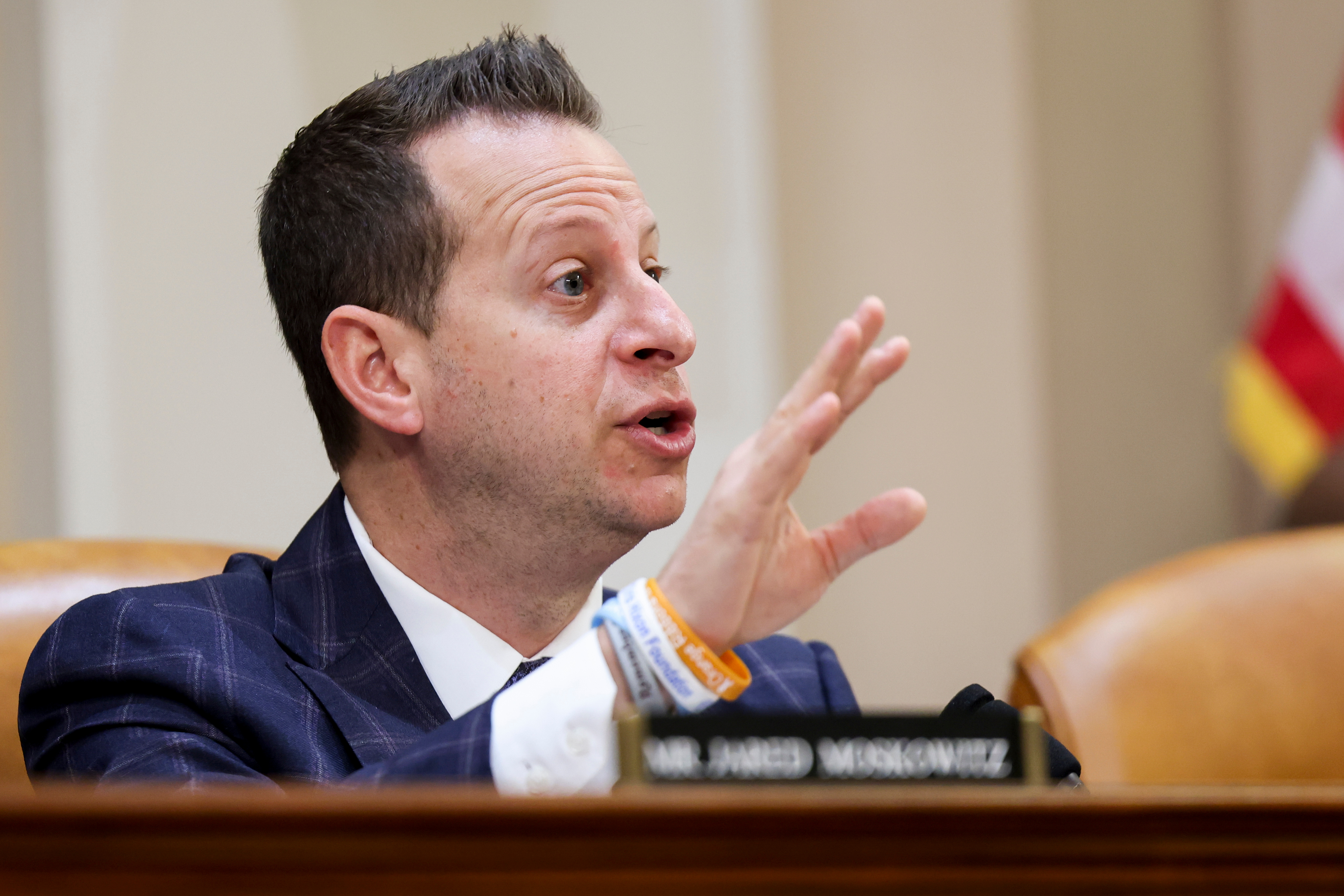The Cuban Adjustment Act, which includes the well-known "Wet Foot/Dry Foot" policy, remains as-is, but both lawmakers and Cuban exiles in Miami know the President's announcement will spark a heated debate in Washington about changes to the law.
"The Cuban Adjustment Act is based on the premise that the Cuban people are fleeing tyranny and oppression," said U.S. Republican Senator Marco Rubio. "And now the U.S. government has said that we no longer consider Cuba to be repressive and a dictatorship."
Cuban-born Karel Suarez stepped foot on U.S. soil eight years ago. His immigration story is a common one: he flew to Mexico and crossed the border.
"I was only for like six hours at the border," Suarez said. "After six hours they gave me my papers and said 'Welcome to the United States.'"
Immigrants from other countries do not get the same greeting. Like most Cubans protected under the act, he was allowed to remain in the United States. In one year, Suarez had his residency. Five years later, he became a U.S. citizen.
"Most Cubans, we feel lucky and feel privileged for having that," Suarez said. "We know that there are other people and other Latin Americans that don't have this privilege."
Suarez said some change is better than no change at all for the island nation.
Local
"It's a huge risk that I have to take if I want this for the greater good for the actual people of Cuba," he said.
But Suarez is torn, knowing that if the act is altered, his relatives in Cuba may never get to experience the freedom he's lived for the past eight years. It's a sentiment echoed by Rubio.
"I do think that's going to be an interesting question that will be posed in the months to come, primarily by many of my colleagues who have long questioned the Cuban Adjustment Act to begin with."
Many Cuban exiles in Miami would like to leave the Cuban Adjustment Act as-is. Some say the oppressive Castro regime will not switch gears simply because of the renewed dialogue with President Obama.



